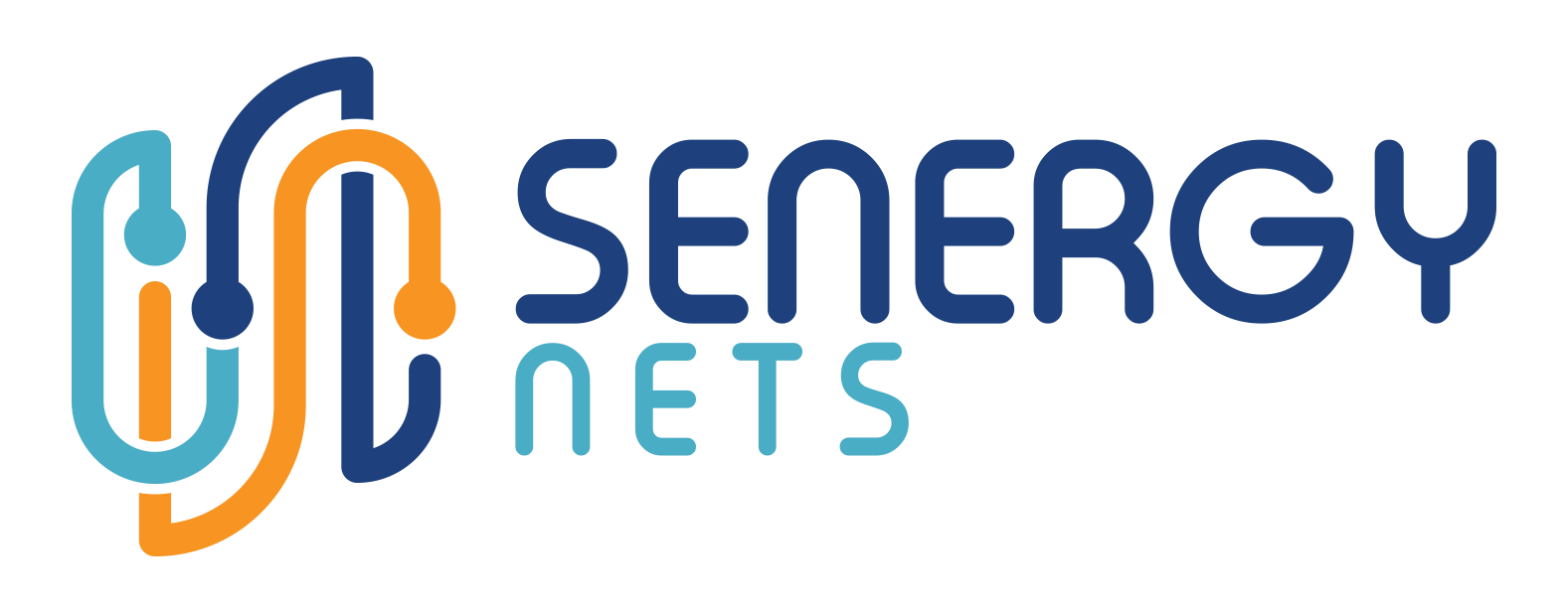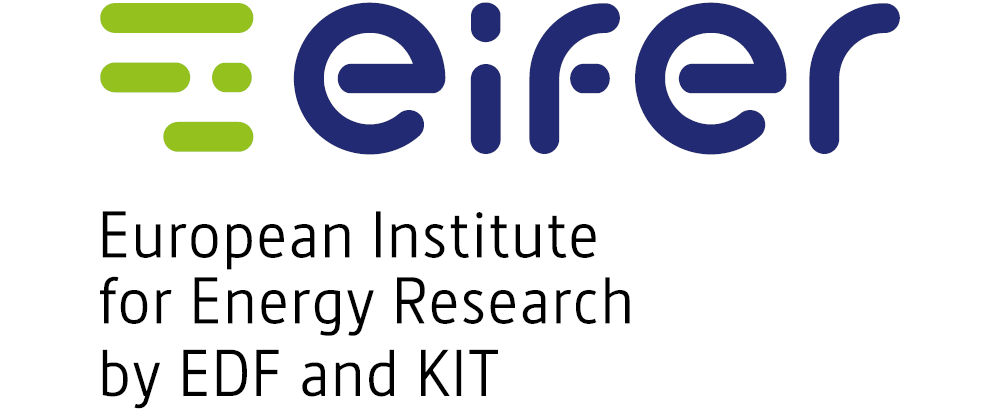SENERGY NETS
Increase the Synergy among different ENERGY NETworkS

Project Objectives
SENERGY NETS aims at demonstrating the technical and economic capability of multi-energy systems to decarbonize the heating and cooling, power and gas sectors through renewable energy sources produced locally as well as sector integration, by primarily focusing on promising infrastructure and business models.
The consortium will develop a set of tools and platforms aimed to optimize the planning of District Heating and Cooling as well as distribution grids with sector coupling consideration and allow the provision of flexibility services to Distribution and Transmission System Operators.
The solutions will be implemented on three pilot sites located in Milan (IT), Ljubljana (SI) and Paris (FR) and their replicability will be tested in two additional case studies presenting alternative climatic, economic and geographic conditions in Västerås (SW) and Cordoba (ES).
Finally, a consolidated methodology will be developed to estimate the overall value created by sector integration, relying on the current economic, regulation and market rules and assess the impacts on the European power system.
EIFER’s Contribution
- In addition to the responsibility of coordination of the project EIFER will be responsible for the definition of the technical challenges related to decarbonization of the energy system and development of sector integration for the five target countries and identification of challenges related to territorial effects, including social and environmental effects.
- Together with the University of Kassel, EIFER will participate in the development of an open source tool allowing the simulation of multi-energy networks and be responsible for the simulation of use cases related to long term improvement strategies on the Parisian demonstrator.
- EIFER will develop a scenario framework for value creation analysis and will take the lead for the assessment of economic, environmental and social value creation as well as definition and quantification of related KPIs.
- Furthermore, EIFER will conduct interviews and a survey to asset owners and local stakeholders from the three demonstrators to gather inputs for environmental and social value creation assessment about the pre-project conditions.
- Finally, EIFER will be responsible for the GIS analysis for replicability potential of the pilot sites and case studies and the exploitation strategy.
“Funded by the European Union. Views and opinions expressed are however those of the author(s) only and do not necessarily reflect those of the European Union or CINEA. Neither the European Union nor the granting authority can be held responsible for them.”

